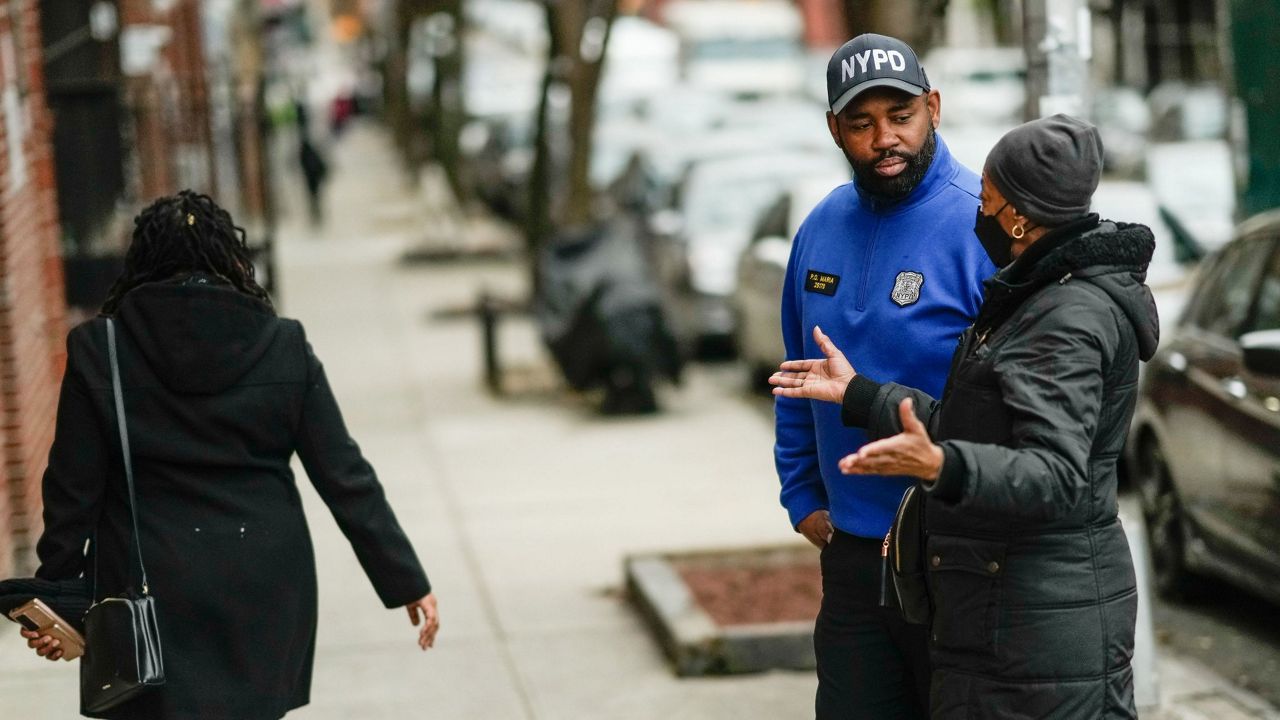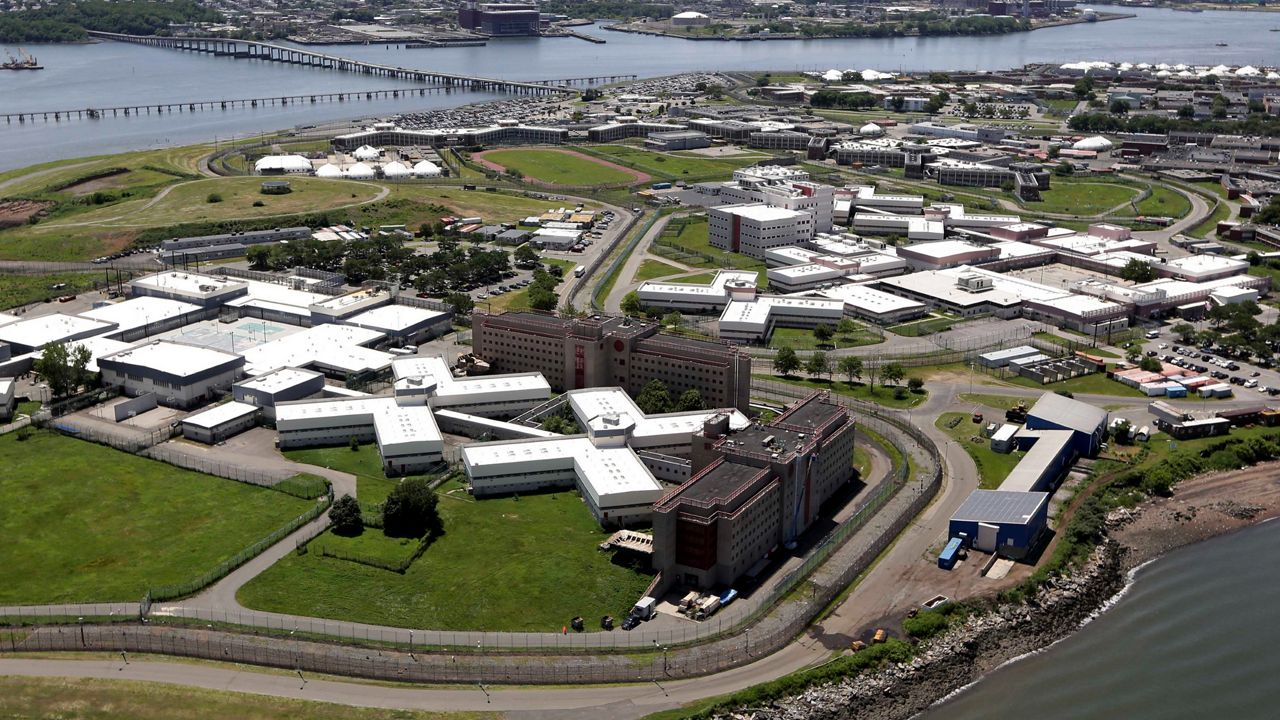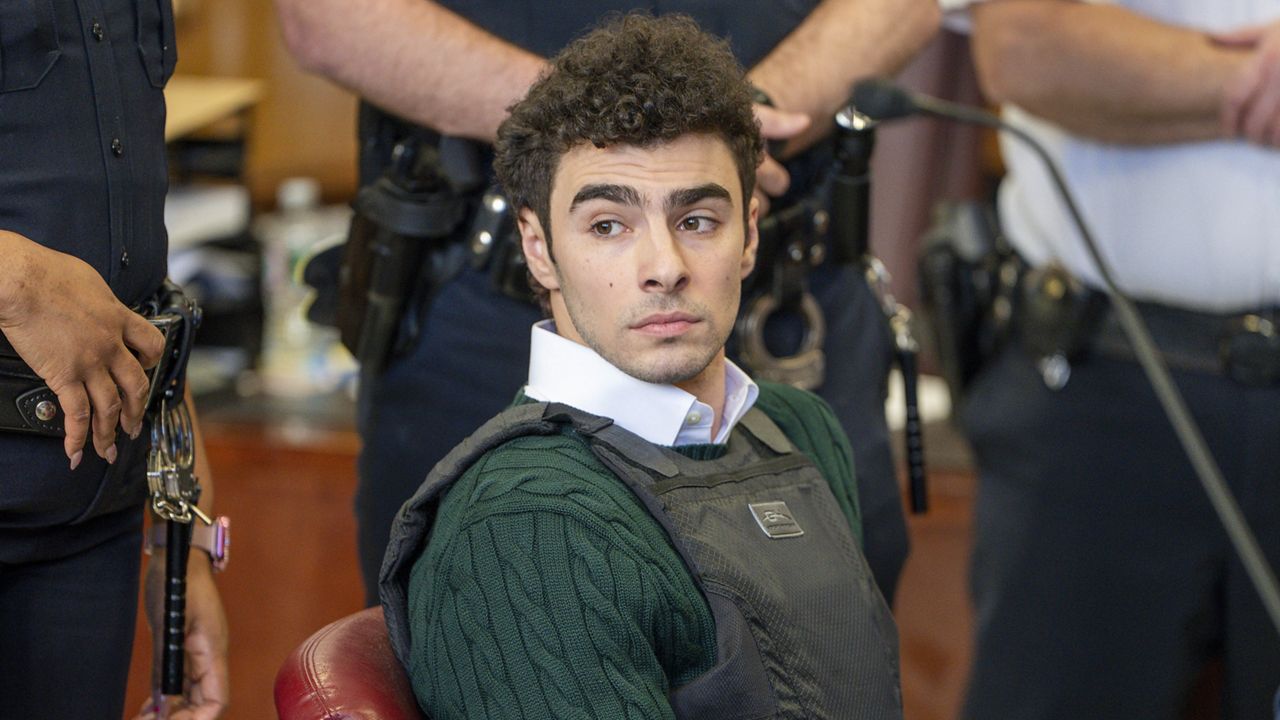The NYPD commissioner may be responsible for keeping more than eight million New Yorkers safe, but in a city where politics can permeate every aspect of public life, the city's top cop can also provide the mayor with much-needed political protection.
Mayor-elect Eric Adams made his pick for NYPD Commissioner official on Wednesday, tapping Nassau County Chief of Detectives Keechant Sewell to become New York City's first woman to lead the nation's largest police force. The relationship between a mayor and his police commissioner can be make or break, and Mayor-elect Adams sought to leave no doubt Wednesday that when it comes to the NYPD, he will have the final say.
"People are going to question what we are doing and how we're doing it," Adams said during a press conference at the Queensbridge Houses in Long Island City. "All of that is fine, but there is only one thing you need to understand, I'm the mayor."
Incoming Commissioner Sewell will soon be in charge of the largest police force in the country and she'll have to navigate the politics that come with that job.
Former police commissioners who served under different mayors told NY1, even when they tried, it was difficult to keep politics out of the job. Indeed, over the years, mayors have picked commissioners who provided some political cover while others have turned out to be political liabilities.
Mayor Ed Koch tried to shore up support in the Black community making history by appointing Ben Ward, the first Black commissioner to ever lead the department. Years later, Mayor David Dinkins, like Adams, tried the outsider route, tapping Lee Brown, the Houston Police Chief to serve as his top cop.
Brown led the department during the Crown Heights riots, a pivotal moment in the city's history, charged with deep seeded racial tensions and politics very much at the center of it all. Looking back on his time at the helm, Brown told NY1 he tried to keep politics out.
"I saw my role of police commissioner to protect the police department from politics," Brown said. "My job was to carry out the functions of the police department, not to be hampered by political interference."
Brown was eventually replaced by Ray Kelly, a firebrand who served twice. First under David Dinkins, and then for 12 years under Mayor Michael Bloomberg. Whether they want it or not, political interference between City Hall and 1 Police Plaza is a reality.
"Politics is a very significant part of the platform any commissioner stands on and if the police commissioner can’t dance on that platform, they're not going to be around very long," Bill Bratton, former NYPD Commissioner told NY1. "They're not going to be very successful."
Bratton, who was first appointed by former Mayor Rudy Guiliani, learned that lesson after his star appeared to shine too bright, or at least brighter than Mayor Guiliani, who promptly sent him packing out of police headquarters. Bratton would return years later under Mayor Bill de Blasio.
Commissioners Jimmy O'neill and Dermot Shea both served de Blasio's administration after successfully moving up through the ranks.
In recent years and during de Blasio's administration, the NYPD has made significant strides to make the department more diverse. Several top level positions are currently held by people of color.
Still, the last four commissioners have all been white men. The a historical significance and the major political implications of Wednesday's announcement were palpable in the room.









